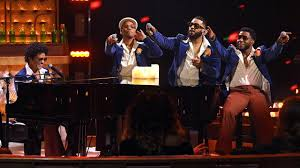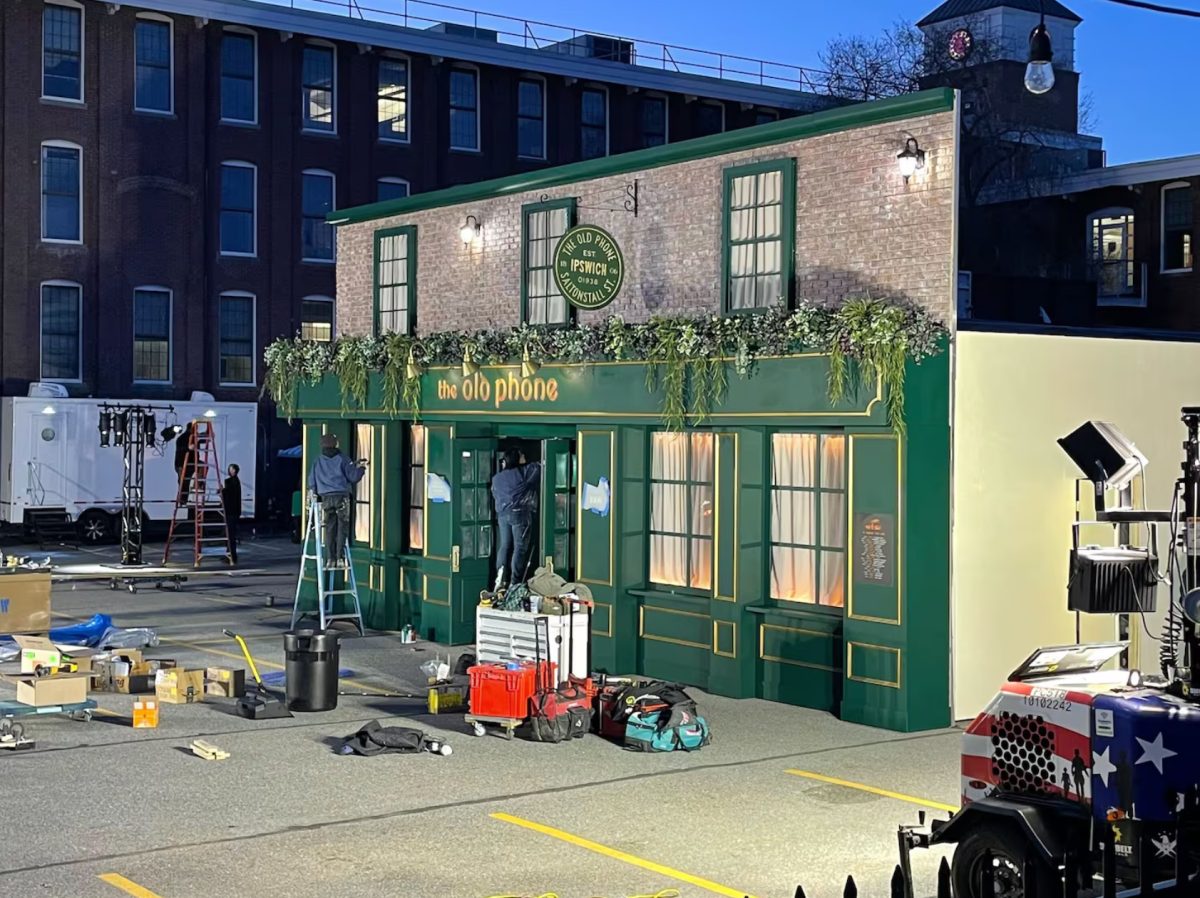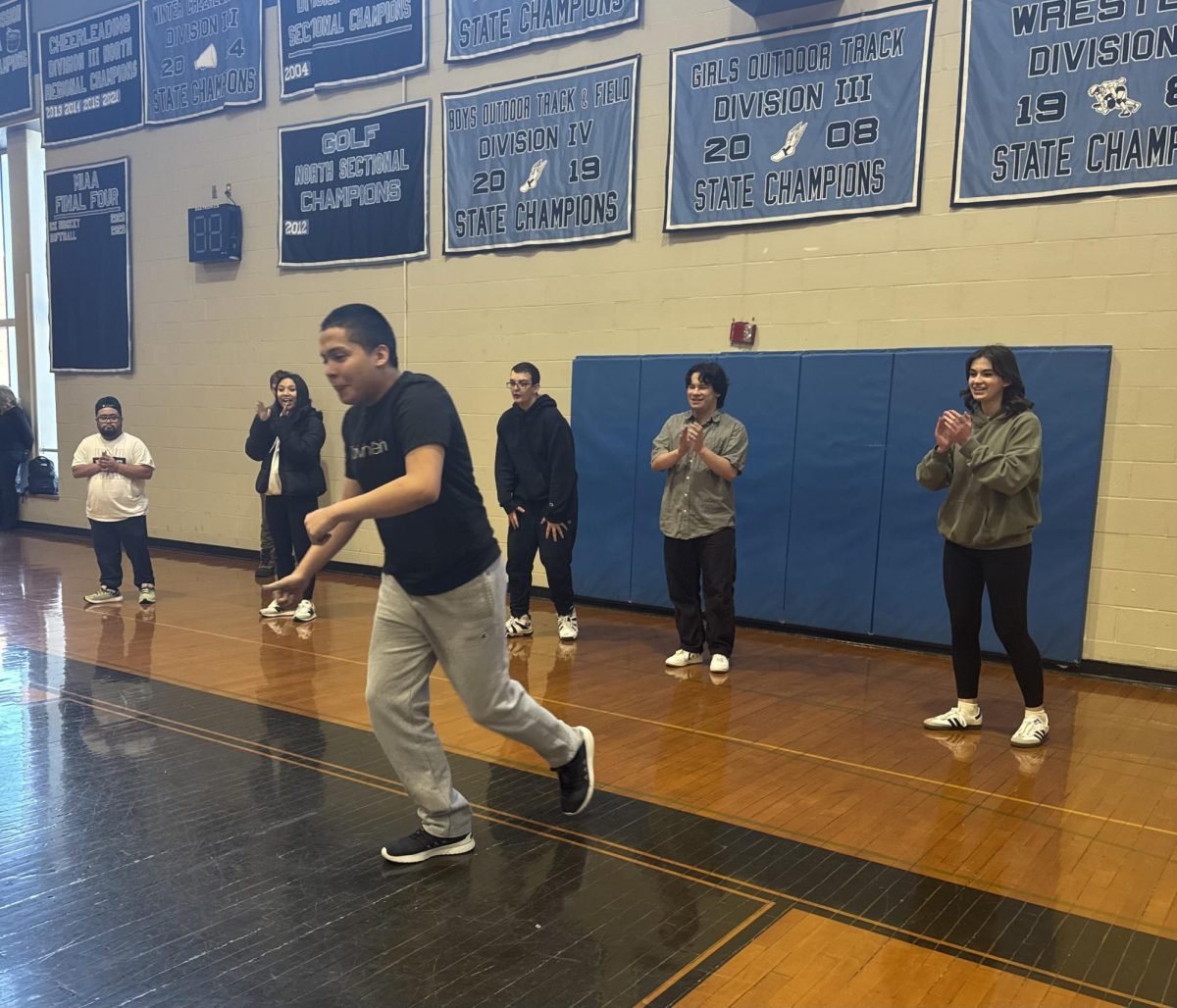The hip-hop scene is dramatically changing with the discovery of a new style, thanks to the rising phenomena of ‘rage music’.
Students may be familiar with popular artists such as Playboi Carti, Ken Carson or Destroy Lonely, who are all perfect examples of recent game-changers for the genre, considering their placement on the charts with ‘rage’ perfection.
“The music industry is shifting in a way that helps independent artists… I think you can make a living really easily if you stay independent in this generation,” explained Nate DiRocco (also known as Rocco), an up-and-coming artist in the hip-hop scene.
Rocco is a rising talent, who recently got signed to the Grade A record label in Los Angeles, and under partnership with Interscope Records. He was noticed for his incredible talent with changing lanes in the genre, with three self-produced projects released, and strong streaming numbers starting at age 14.
From great rap performances to beautiful acoustic vocals, the 19-year-old artist was brought out to LA by the same label and producers that carried famous artists such as the late Juice WRLD, or Trippie Redd and The Kid LAROI to fame. In this interview with The Triton Voice, Rocco speaks about the constant changes in the industry, and about keeping up with those who have discovered new paths in the creation of hip-hop.
His true upbringing began when the Grade A label reached out, looking to sign him as an artist for their very own.
“I was ecstatic [when the record label called]. It was like a dream come true,” said Rocco.
While his style has branched in many different directions, both in released and unreleased music, Rocco has yet to make an attempt at the ‘rage’ direction that is blowing up on streaming services.
“I am definitely more inspired by the older generation. I grew up on the pop classics, like Lil Wayne, Bruno Mars, Katy Perry,” Rocco stated. “I love song structure, and I think that has been lacking in newer music.”
But some fans disagree. The battle between new and old continues to strike the charts, weekly results varying between what has been common for years, and what has become more prominent in today’s time.
James Bradshaw, student of Triton and massive fan of the artists who have created the change in the industry, spoke highly of Rocco and understood his stance against the newer options in music.
“I really like the experimental era of the genre that we’re in,” said Bradshaw, “So as someone who doesn’t really listen to as much normalized hip-hop anymore, I find Rocco’s stuff to be pretty consistent. He doesn’t really fit into my [preferred] style of music right now, but [in terms of improving] what has been done in the past, I think he has a lot of potential. He reminds me of a lot of the rappers I grew up on. I can respect what he is doing as an artist.”
With a wide range in soulful vocals on tracks such as All That Matters, to catching a smooth trap flow on tracks such as Deja Vu, Rocco pushes his skill on each new beat to touch his studio. The process, considering how much effort an individual song can take, is difficult.
Music is art, no matter in what formation. However, the concept of ‘less-difficult’ music creation (that of which we see in new music lately) can annoy independent artists who are trying to create their own productions. Motivation may be lacking when a project is overshadowed by a product that took much less vocal talent.
When asked by the Triton Voice, Rocco didn’t show any sign that this in particular affects him. Instead, he keeps himself working by reminding himself of his ‘purpose’ in this industry.
“Staying motivated in anything is difficult. Music is up and down for me. Sometimes I feel far away from it, but sometimes I feel like it’s my main purpose in life. The highs are high and the lows can get really low, but what keeps me going is my community and my purpose. I know God put me on this Earth to create.”
Craig Kemp, music teacher at Triton, gave his thoughts on the subject of ‘change’ in a genre of music, and what that truly means.
“Music is like water. We don’t create or destroy it, it’s something that’s fluid. It changes form all the time.” Kemp stated.
Where does artistry go from here? What other potential is there to be explored in the future? Which rising artists will reach their peak of fame, and which will fade out against the competition? Nobody can tell for sure which style of hip-hop will overtake the genre- only time will tell.







